A worksheet for students to explore how decision making in a story changes the course of the plot.
Exploring Plot Development in Literature
Are you looking for generic literature study resources that can be used with any piece of literature your class is reading? Teach Starter has you covered with our extensive range of novel study worksheets!
This particular worksheet allows students to explore the events which help propel a story forward.
The plot in a novel progresses because of the decisions and actions of the main characters. If a character decided to handle a situation differently, it could change the whole course of the
story. Using this worksheet, students are required to:
- Decide on an important event from the class novel.
- Discuss the decisions made by the main characters during the event and how they affected the outcome of the story.
- Suggest how the events could have been handled differently and how this may have changed the plot of the story.
Multiple Uses for These Novel Study Worksheets
This versatile resource can be used in various ways in your upper primary classroom. Why not try some of the following activities:
- Whole-class activity (via smartboard)
- Reading group task
- Individual practice
- Homework task
- Summative assessment
Download, Print, Teach!
This no-fuss, low-prep resource is ready to be used in your classroom now! Just click on the Download button above to access the easy-print PDF resource.
Read more about this exciting resource in the blog Fun with Literature: Novel Study Activities for Any Story.
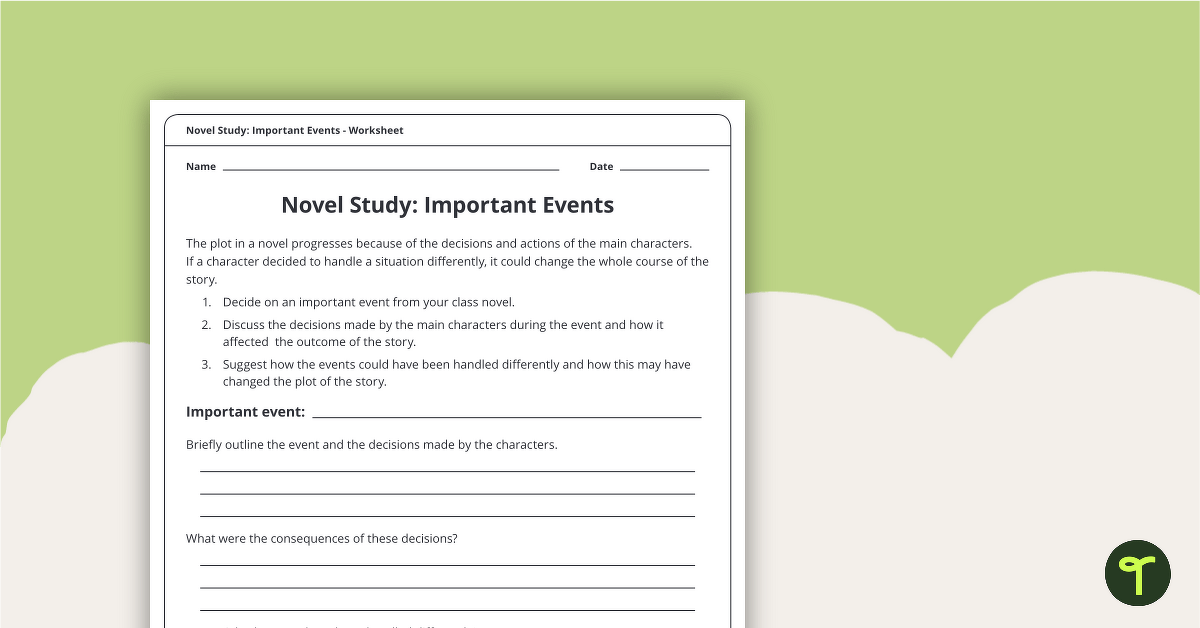

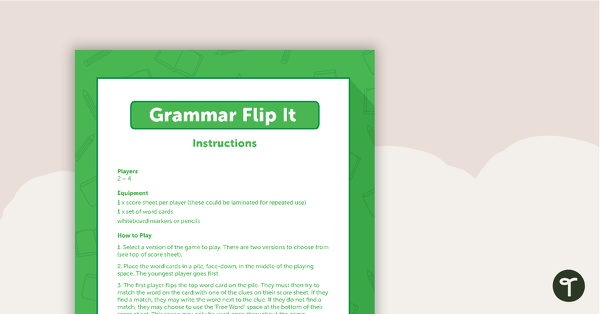
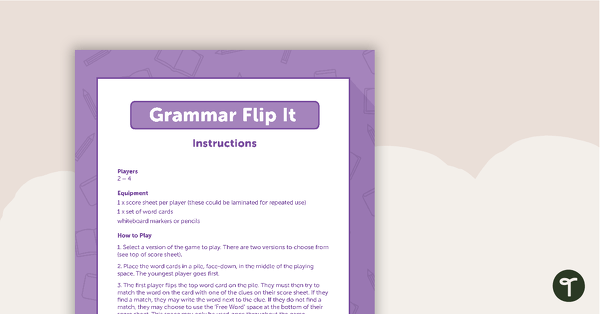

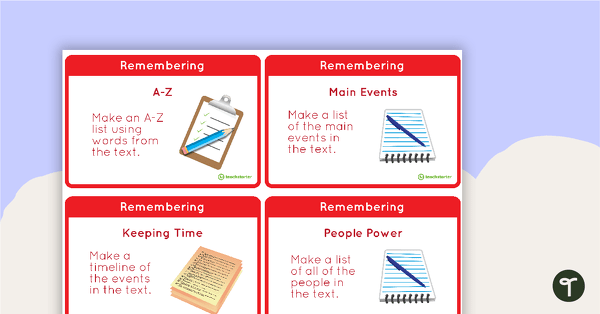
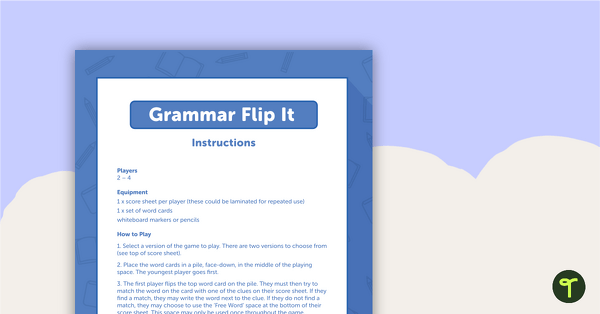


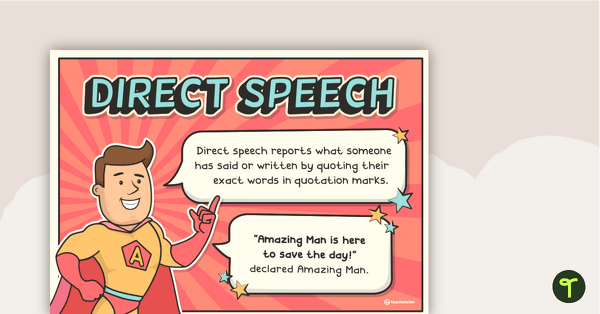
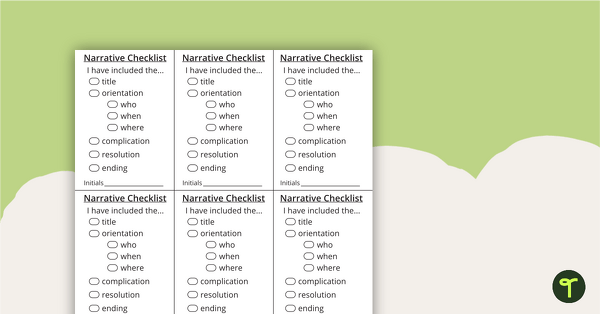

0 Comments
Write a review to help other teachers and parents like yourself. If you'd like to request a change to this resource, or report an error, select the corresponding tab above.